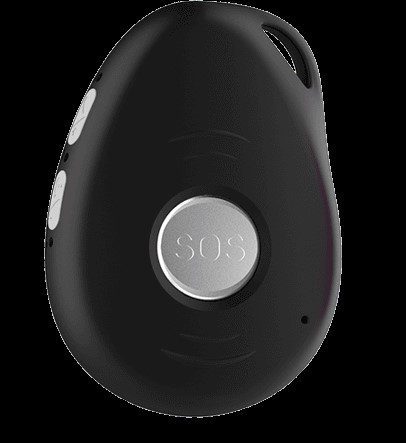Dementia and paranoia in the elderly can cause severe psychological and physical problems. It can be especially difficult for the caretakers.
Paranoia is a symptom of dementia that can be triggered by visual cues. For example, if someone with dementia sees something in the mirror that doesn't exist, they may think that someone is watching them or trying to harm them.
If your loved one has been exhibiting signs of paranoia, you should seek medical attention. There are treatments available for this disorder, including medications and non-drug therapies.
A licensed therapist can also help your loved one understand their feelings and emotions. This can help the person with delusions feel better.
If your loved one shows signs of delusions, make sure to let them know that they are safe. https://www.personalmedicalalarms.co.nz/dementia-gps/ Do not argue with them, because this will only make them feel worse.
It can be difficult to get your loved one to go to the doctor for a diagnosis. Many older adults are reluctant to see a doctor. They are afraid that they will be prescribed a medication that will worsen their condition.
img width="449" src=" ">
If you suspect your loved one has dementia, make sure to speak with their doctor as soon as possible. This will give you the opportunity to discuss the best treatment options. https://www.personalmedicalalarms.co.nz/fall-detection-alarms/ https://www.personalmedicalalarms.co.nz/elderly-alarms/ You should also be aware of other signs of a medical problem.
">
If you suspect your loved one has dementia, make sure to speak with their doctor as soon as possible. This will give you the opportunity to discuss the best treatment options. https://www.personalmedicalalarms.co.nz/fall-detection-alarms/ https://www.personalmedicalalarms.co.nz/elderly-alarms/ You should also be aware of other signs of a medical problem.
If your loved one is showing signs of paranoia, it may be time to change the environment. The dementia patient may need to find a different living space.
![[PukiWiki] [PukiWiki]](image/pukiwiki.png)
